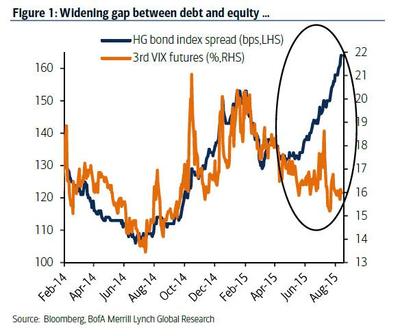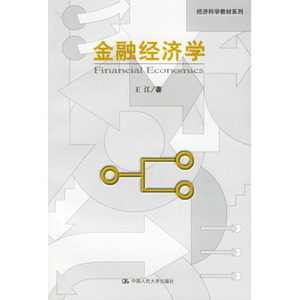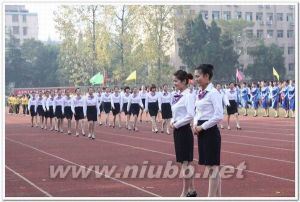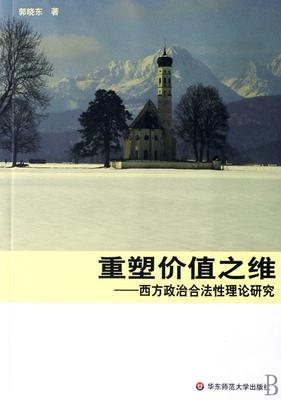Political Economics is an interdisciplinary field focusing onthe non-market, collective, and political activity of individualsand organizations. The PhD Program in Political Economics preparesstudents for research and teaching positions by providing rigoroustraining in theoretical and empirical techniques. The intellectualfoundations of the program are rational choice theory, positivepolitical theory, theories of collective action, institutionalanalysis, and analysis of political competition and equilibrium.Specific fields of inquiry include regulation, distributivepolitics, elections, corporate politics, political participationand collective action, interest groups, constitutional choice,legislative behavior and organization, judicial institutions,bureaucracies, comparative institutions, cooperative politicaleconomy, macro political economy, law and economics, and businessand government. The orientation to these topics tends to bepositive rather than normative.
The Program, embedded in the larger community of politicaleconomics scholars at Stanford University, combines the resourcesof the Graduate School of Business with opportunities to study inthe departments of Economics and Political Science. Drawing on theofferings of all three units, students have a unique opportunity tocombine the strengths of economic methods and analytical politicalscience and to apply them to the study of collective action,political institutions, and public policy. The Program involvescoursework in economic theory, econometrics, game theory, politicaltheory, and theories of institutions and organizations.
The first class of students in political economics was admittedin 1987. Enrollment in the Program is intentionally small andinvolves close interaction between students and faculty. Studentsbecome involved in research early in the Program. They begin theirown research during the first year and are required to writeresearch papers during the summers following the first and secondyears. The Program is flexible and allows ample opportunity totailor coursework and research to individual interests.
Preparation and Qualifications
Faculty selects students on the basis of predicted performancein the Program. Since the Program is quite rigorous, evidence ofsubstantial background or ability in the use of analytical methodsis an important factor in the admission decision. In manyinstances, successful applicants have majored in economics,mathematics or political science as undergraduates, or have amaster's degree in one of those fields or in businessadministration. However, this background is not a prerequisite foradmission. In addition to evidence of ability and letters ofrecommendation, the faculty considers carefully the applicant'sstatement of purpose for pursing the PhD degree. The successfulapplicant usually has clearly defined career goals that arecompatible with the purposes of the Program, and is interested indoing basic research in empirical and/or theoretical politicaleconomics.
Students who enroll in the Program usually have significantbackground in economics, political science, or both. Students areexpected to have, or to obtain during their first year,mathematical skill at the level of one year of calculus and onecourse each in linear algebra, analysis, probability, optimization,and statistics. They also are expected to have basic computer useand programming skills, or to correct any deficiencies by thesummer following the first year.
PhD Political Economy Courses
POLECON 664. Politics and Organization
A foundation for under-standing organized activity as itreflects the organization of political life.Coverage of theories iseclectic and interdisciplinary. Emphasis is onpoliticalinstitutions and formal organizations generally, and thenorms,expectation, and routines characteristic of informalpolitical structure.
POLECON 670. Advanced Topics in Political Economy
This is a topics class aimed at advanced students in politicaleconomy and related disciplines. It will consist of a combinationof lectures and student presentations. Grading will be based onclass participation and a research proposal/paper.
POLECON 676. Behavioral Political Economy
This course examines organizational decision making in ways thatdepart from the "thin theory" of rationality in one of tworespects. (1) The thin theory presumes that decision makers arefully rational, i.e., they are cognitively unconstrained. We willexamine a variety of cognitive constraints and their effects oninstitutional behavior and policy outcomes. (2) The thin theorypresumes individualistic preferences: people care only about theirown payoffs. There is now substantial evidence that this assumptionis sometimes inaccurate. We will study some of this literature.
Much of the important work in this area has come not frompolitical economy but from cognitive psychology and behavioraleconomics. Hence, we will spend between a third and a half of thequarter on micro-foundations.
Throughout the course, contrasts will be drawn between modelsbased on the thin theory of rationality and less orthodox ones.Consequently, some familiarity with theories of rational choice isdesirable. Any course on game theory or normative decision theorysuffices.
Although the motivation for relaxing the thin theory has beenlargely empirical, the orientation of this course is heavilytheoretical. Many of the theories that we will study are expressedas mathematical or computational models. Students are expectedeither to have a taste for formal reasoning or at least to tolerateit.
POLECON 680. Foundations of Political Economy
This course provides an introduction to political economy withan emphasis on formal models of collective choice, publicinstitutions, and political competition. Topics considered includevoting theory, social choice, institutional equilibria, agendasetting, interest group politics, bureaucratic behavior, andelectoral competition. Also listed as Political Science 351A.
POLECON 681. Economic Analysis of Political Institutions
This course extends the foundations developed in P680 byapplying techniques of microeconomic analysis and game theory tothe study of political behavior and institutions. The techniquesinclude information economics, games of incomplete information,sequential bargaining theory, repeated games, and rationalexpectations. The applications considered include agenda formationin legislatures, government formation in parliamentary systems, theimplications of legislative structure, elections and informationaggregation, lobbying, electoral competition and interest groups,the control of bureaucracies, interest group competition, andcollective choice rules. Also listed as Political Science 351B.
POLECON 682. Testing Models of GovernmentalDecision-Making
This course surveys applications of formal models to severalstages of decision making, primarily in the U.S. nationalgovernment and with an emphasis on the legislative branch. Thecourse begins with explicit consideration of issues in philosophyof science and introduces an analytic framework to be applied tospecific research throughout remaining sessions. Substantive topicsand applications covered include strategies of committees, rollcall voting, policy formation, effects of special rules,congressional-presidential relations, and congressional-agencyrelations. Students should have taken POLECON 680 and POLECON 681.Also listed as Political Science 351C.
POLECON 683. Political Development Economics
This course surveys emerging research in political economics asit applies to developing societies, emphasizing both theoreticaland empirical approaches. Topics will include: corruption and"forensic" political economics, institutional reform anddemocratization, ethnicity, conflict and public goods provision,and the role of trade and financial innovations in politicaldevelopment. The aim of the course is to bring students to thefrontier of the field and develop their own research. Graduatelevel proficiency in microeconomics and empirical methods will berequired.
 爱华网
爱华网



